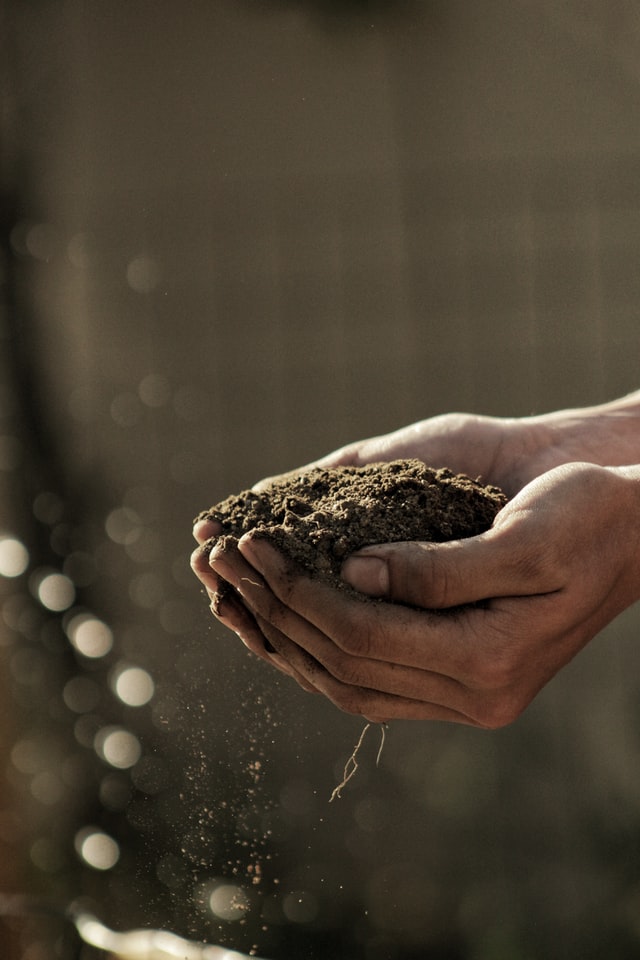The first of a series of posts to make up a beginners guide to organic gardening.
A way of allowing nature to do most of the work for you.
First the soil. Think of it as a living organism. Which requires nurturing.
This can be achieved by allowing its living beneficial organisms, bacteria, and fungi to digest dead plant material. Larger inhabitants, e.g. worms and wood lice also turn the soil by tunnelling. and eating plant debris. Fork in garden compost and other naturally produced fertilizers.
Allowing nature’s predators, ladybirds and hoverflies and their offspring to deal with the pests. There are many other predators in the garden. Hedgehogs, frogs and birds, helping to deal with slugs snails and other larger plant eating pests.
Encouraging bees and other pollinating insects to inhabit the garden pollinating fruit,vegetables and flowers.
Try not to use pesticides, even organic ones, as these kill goodies and baddies alike losing all the garden’s potential for dealing with pest problems.
Dylys
